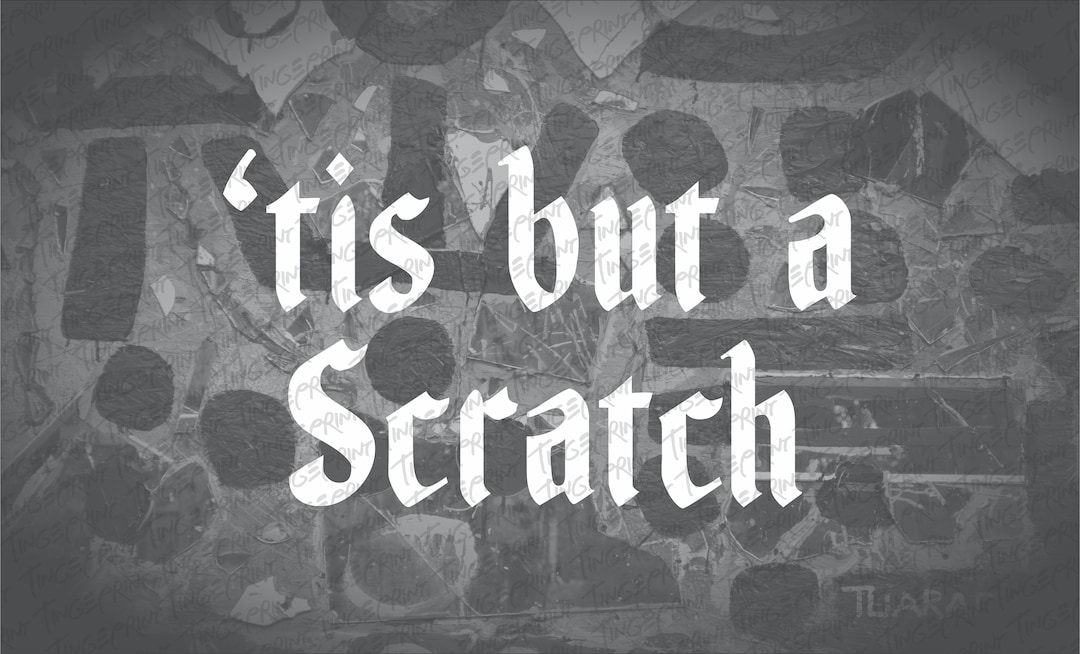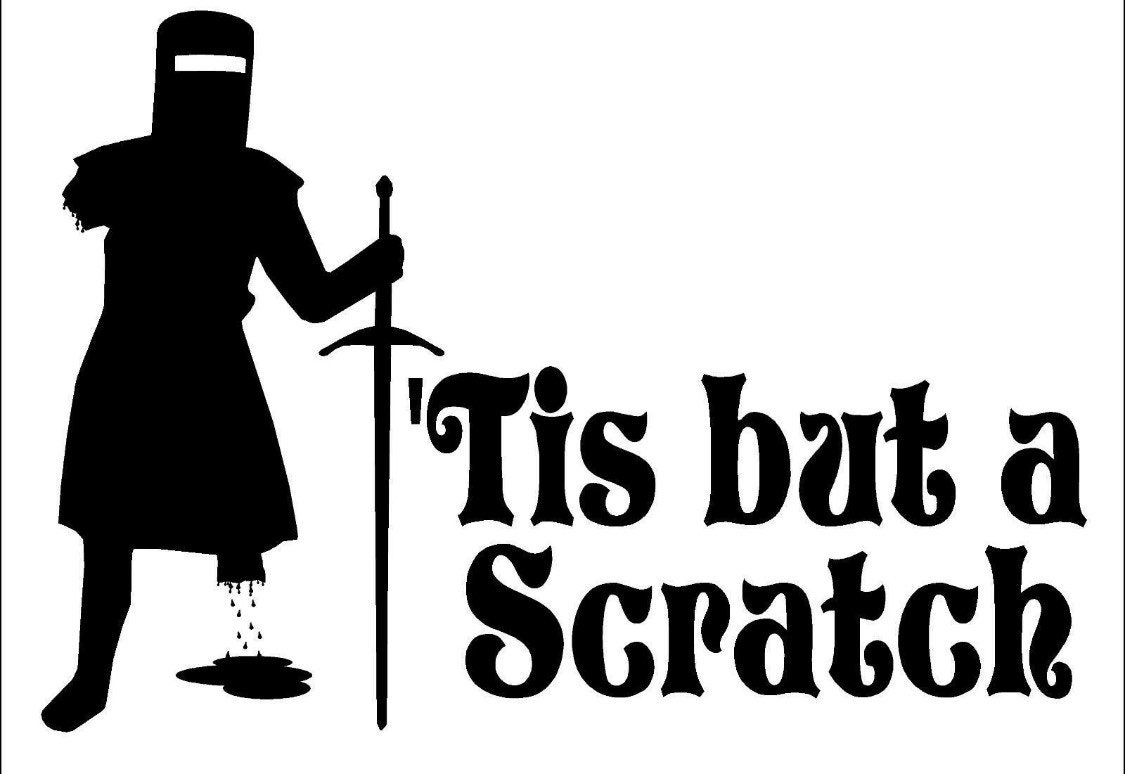Game Glitch: Red Blobs On Character's Head? Help Needed!
Are you wrestling with peculiar visual anomalies marring your in-game character's appearance, like grotesque, lingering aftereffects of a digital dismemberment? The persistent appearance of "meaty chunks" remnants of what looks like a head explosion clinging stubbornly to your character's features is a frustrating yet strangely common phenomenon in the realm of modded games, and it's often more easily rectified than you might think.
Many players find themselves in this predicament, plagued by visual glitches that seem stubbornly tethered to their character's saved data. Red blobs on the jawline and nose, remnants of digital trauma that just won't fade away, can be a persistent reminder of technical troubles. The issue isn't exclusive to any one game; it's a recurring theme in the world of modding, where complex interactions between game files and player-added content can lead to unexpected results.
The desire for more content, enhanced graphics, and altered gameplay mechanics has fueled a thriving modding community. Players frequently encounter challenges during installation, compatibility, and troubleshooting, which often stems from the complexity of managing mods. Whether it's the installation of a new mod or adjusting a character's appearance, these technical hiccups can quickly derail a gaming experience, leaving players seeking solutions to restore their games and characters.
The challenges extend beyond simple cosmetic changes. A modding enthusiast, for instance, might find their game repeatedly crashing, unable to load even basic mods. The process of setting up a modlist from scratch, meant to enhance the gaming experience, can quickly turn into a frustrating exercise in troubleshooting. The issues are widespread, and these players find themselves wrestling with the intricacies of file management, compatibility, and conflicts, often leading them to search for answers within the community.
Creating custom items, like glasses, further illustrates the complexities. While the concept might seem simple, it involves new item IDs, mesh integration, and model adjustments. The creation process requires players to have the necessary scripting skills, and even basic tasks can be beyond their abilities. The reliance on existing scripts, which players can modify and adjust, highlights the gap between aspiring modders and the technical knowledge required.
For those venturing into the creation of new mods, particularly those lacking extensive scripting knowledge, the process can be daunting. Troubleshooting steps often involve deleting game files, starting over with fresh installations, and seeking guidance from online forums. This is where the support of modding communities and the availability of shared resources become crucial, allowing players to overcome hurdles and achieve their modding goals.
| Aspect | Details | Example |
|---|---|---|
| Problem Description | Visual glitches, specifically persistent red blobs resembling "meaty chunks" on a character's head, jawline, or nose. | A character with red blobs that look like head explosion remnants. |
| Modding Challenges | Installation issues, compatibility problems with mod managers (Vortex, MO2, in-game managers), and the need to start a new modlist. | Crashes during game load, CTDs (Crash to Desktop), issues with high poly head mods. |
| Game Context | Games with robust modding communities like Skyrim SE, Fallout: New Vegas, and Baldur's Gate 3. | Skyrim SE with free Creation Club content (survival, fishing, etc.). |
| User Experience | Frustration with troubleshooting, the need to format and reinstall, and the desire for solutions. | "I'm trying to create a new modlist from scratch, and while trying to start a new game to test if everything worked, the game would ctd on load..." |
| Technical Aspects | The creation of custom items (glasses), requiring new item IDs, mesh integration, and potential scripting. | Adding a mesh in the "biped model" section for a custom item. |
| Community Support | Reliance on forums, Discord servers (e.g., the official inzoi Discord), and Nexus Mods for guidance. | Seeking advice from modding communities to fix game issues. |
| Solutions Sought | Information on fixing visual glitches, suggestions for mod management, and troubleshooting steps. | Asking for "any information on how to do this" to fix the character's head. |
| Inspiration | Reading about the Open Cities mod and its impact on game design. | Understanding how mods add value to the game. |
| Hardware and Software Context | Upgrading PC components (SSD, graphics cards) and updating game patches. | Running a game on medium settings. |
This table serves as a compilation of the issues and situations described in the given text. It outlines the key problems faced by players attempting to modify and enhance their gaming experiences.
The desire to customize and extend a game's features is a core driver of the modding community. From simple aesthetic adjustments to complex gameplay overhauls, mods cater to a wide range of interests. However, the pursuit of these enhancements often leads players into the realm of technical troubleshooting. The persistence of the aforementioned visual glitches, coupled with the frustration of repeatedly crashing games, underscores the challenges. The issue of a character's head appearing as if it has exploded, with "meaty chunks" stuck on the face, serves as a constant reminder of those technical challenges.
Modding often involves creating items from scratch or modifying existing ones. In this instance, the creation of glasses is highlighted, with the need for a new item ID, name, and mesh within the "biped model" section. This seemingly simple addition can quickly become complex, especially when a player's scripting skills are limited. Even modifying existing scripts can be beyond one's abilities. These challenges lead players to rely on tutorials, online forums, and the experiences of other modders.
The text also mentions a series of problems with mod installation, often starting with the mod managers themselves. The Vortex software, for example, might cause issues. Separating games from Vortex and using MO2 (Mod Organizer 2) can sometimes resolve the issues. However, this isn't always a foolproof solution. In the end, the nuclear option of formatting the game and deleting files manually, including manual mods, sometimes becomes necessary.
The recurring crashes and load failures further highlight the fragility of the modding process. Setting up a new modlist from scratch is a common goal for players. This often happens after upgrading a PC or wanting to change the game's content. The player downloads various mods, from different sources. They may encounter incompatibility issues or conflicts between mods, leading to crashes during game load. This issue is a shared experience among modders, especially when updating to new game patches.
The presence of an official Discord server for a game like "inzoi" illustrates the importance of community support. The server has a dedicated modding section where players can collaborate and share their experiences. This is a testament to how important it is to have shared knowledge to handle the complexities of modding.
The user seeks advice on how to resolve the visual issues with the character's head. Their scripting skills are a bit lacking, making it harder to create solutions. The player is looking for information that can assist them in fixing the problem. They are open to modifying existing scripts, but creating them from scratch is difficult. These are the common struggles modders often face.
Players often turn to forums and communities for help. This collaborative spirit is crucial in the modding scene, as it encourages the sharing of solutions and guidance. One user mentions reading a Reddit topic about "Open Cities," which highlights how mods can enhance a game's features. Understanding what a mod adds to the game is the starting point for troubleshooting issues.
There is also an emphasis on hardware upgrades and the resulting effects. A player mentions upgrading their PC with components such as an i7 6700k and an SSD. While these upgrades can improve performance, they can also reveal subtle incompatibilities. The goal is to return the game to its pre-upgrade state. Furthermore, the experience of playing on medium settings indicates the variety of hardware configurations and performance requirements that come with modding.
The text references games like Skyrim SE, highlighting how players often have specific game setups, such as using free Creation Club content. This shows how many different game configurations players have. The goal of modding is to improve the game experience, but it also introduces numerous challenges.
The "tis but a scratch" phrase, lifted from Monty Python and the Holy Grail, captures the spirit of dealing with challenges. This phrase represents resilience and a refusal to give up, even when facing apparent setbacks. The phrase can be found on stickers, merchandise, and even in-game achievements. In the context of modding, this phrase reflects the challenges that modders often have to overcome. It emphasizes the importance of persistence and a positive attitude when encountering technical problems.
The user's experiences also involve the use of different mod managers. Instead of Vortex, the user prefers using BG3MM and the in-game mod manager. This highlights the player's preference, and it shows the importance of finding the most effective tools for managing mods. This decision comes from the experiences of players who have encountered problems with one tool or another, and is very useful for new players.
The problems faced by the players include technical challenges and persistent errors. One player encounters frequent freezes and stutters while exploring the exterior world of the game. This may be caused by how the game handles cell loading. By trying to identify the source of the problem, they are taking the first steps toward a solution.
The frustration of repeated crashes, load failures, and the persistence of glitches illustrates the sometimes-unforgiving nature of modding. It also underscores the importance of a supportive community and the availability of resources. Whether it's fixing a character's appearance, installing a new mod, or troubleshooting performance issues, players often find themselves on a journey of trial and error. The modding process can be complicated and require dedication to deal with all of its potential pitfalls.
The user's struggles, from crash to the character's head appearance, are an invitation to explore the possibilities of customization. The experience illustrates the dynamic and evolving nature of video game modding, as well as the importance of community support and continuous learning. Players' experiences are shaped by their technical expertise, their preferred mod managers, and their willingness to adapt and learn. Modding is a demanding and rewarding experience, where players can transform their gaming experiences by adding more features and adjusting the game to their personal needs and preferences.


